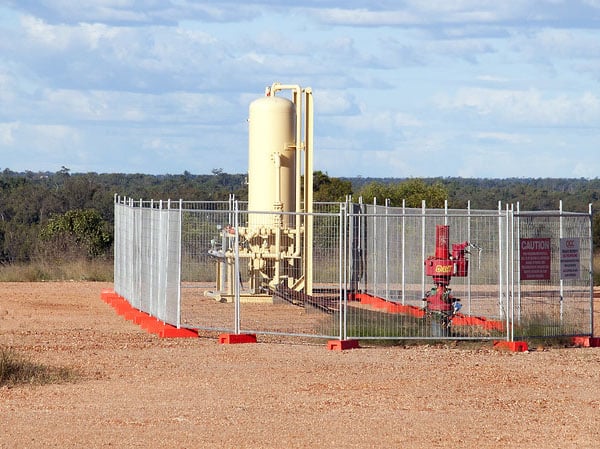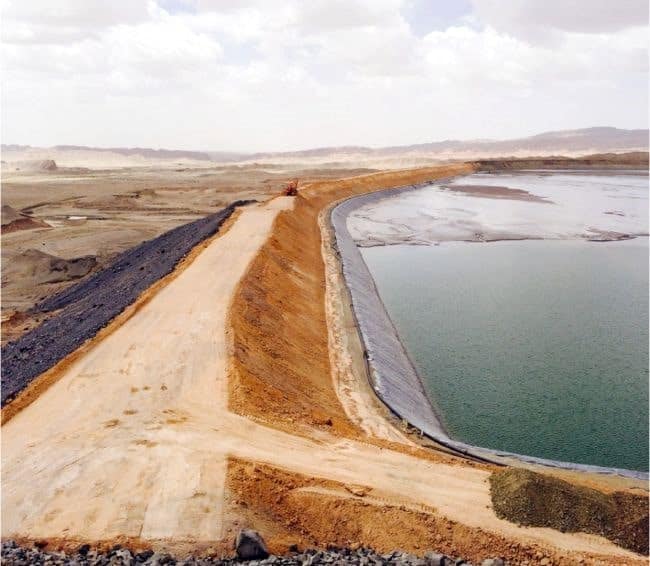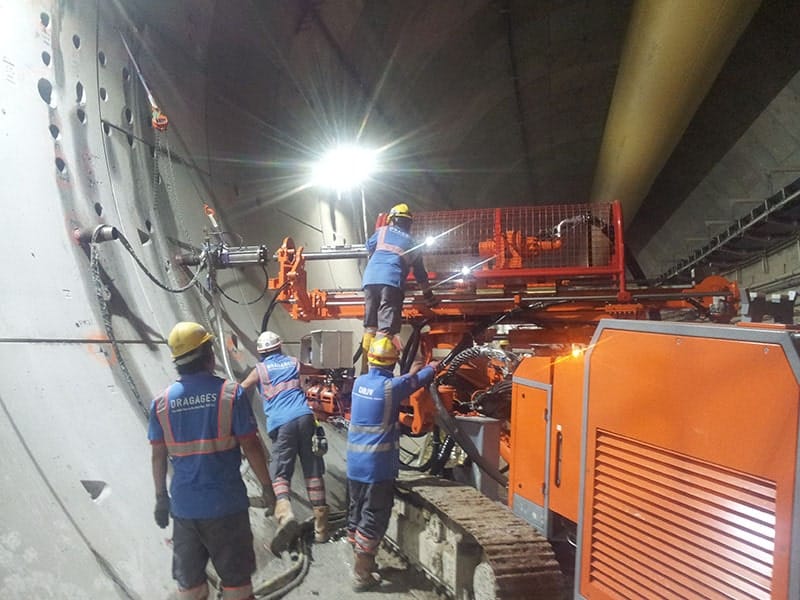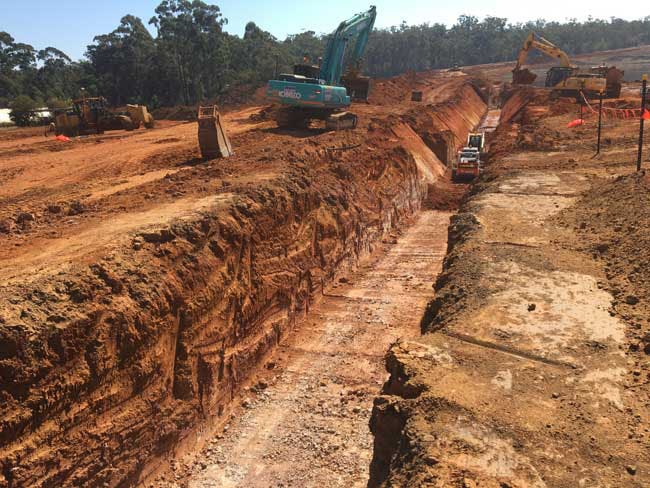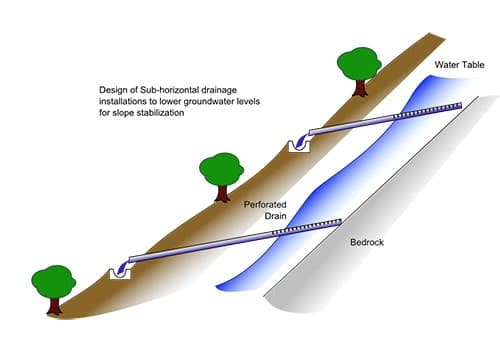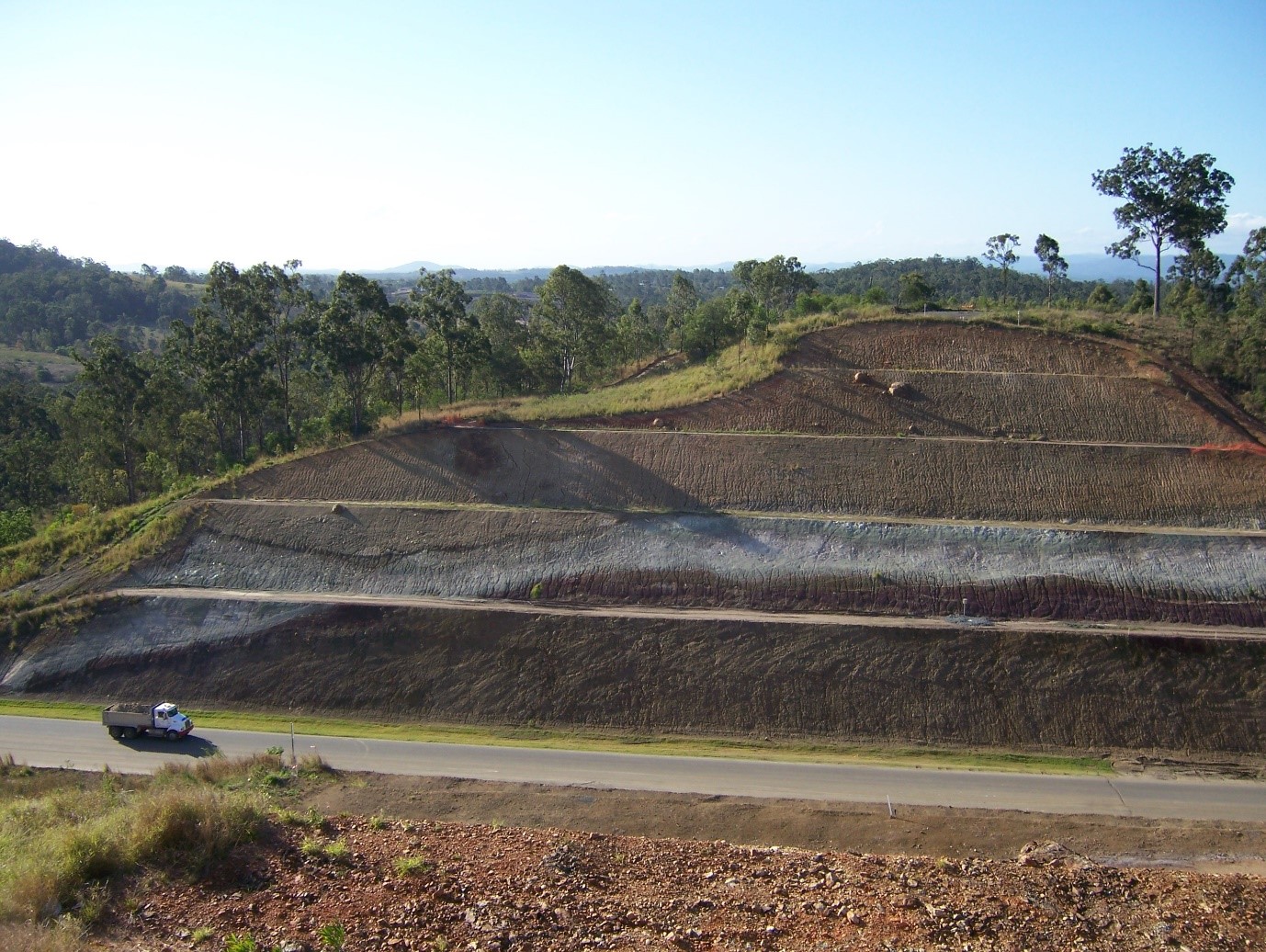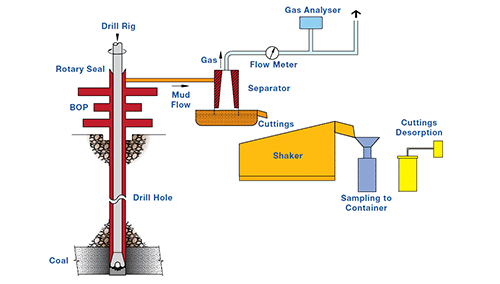Interference testing in either form enables the measurement of storage parameters as they can be separated from the production or injection well bore effects. If there are three or more pressure transducers that are not diametrically opposite each other with respect to the well then it is possible to determine the anisotropy of the permeability of the reservoir.
The shortcomings of this type of test are that it is necessary to know something about the reservoir or aquifer behaviour before conducting the test so that the pressure transducers may be located an appropriate distance from the well. The test may also be unduly dominated by the characteristics of the reservoir surrounding the test well. The test also provides little means to separate inhomogeneity from anisotropy.
The test process does however lend itself longer term pumping tests of aquifers where complex behaviour such as delayed yield need to be determined.




